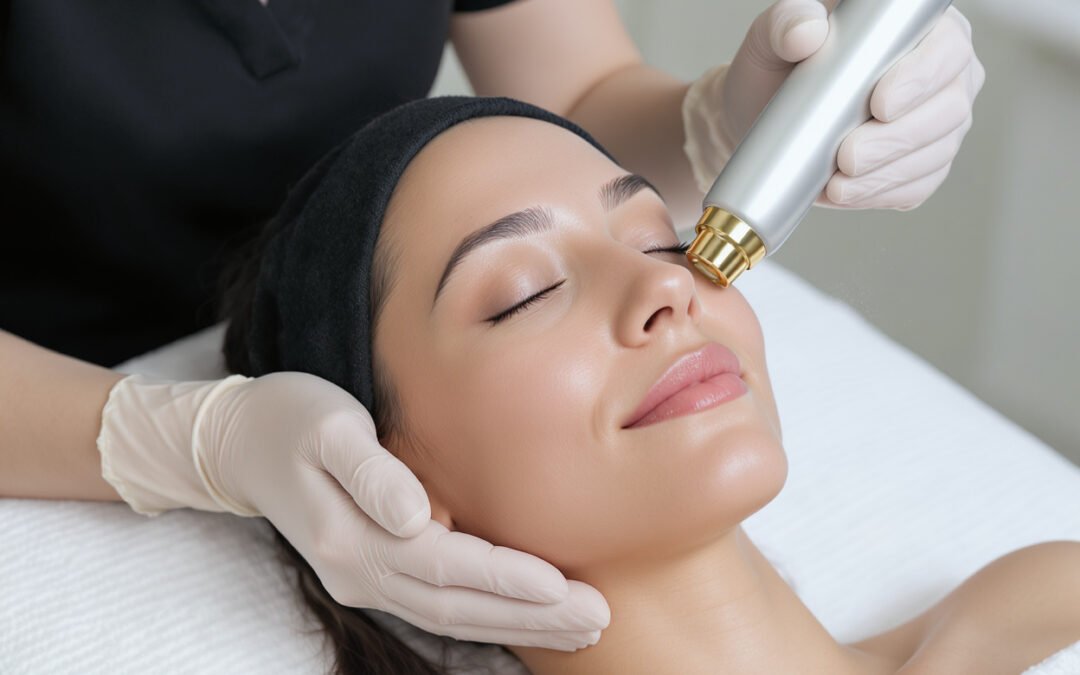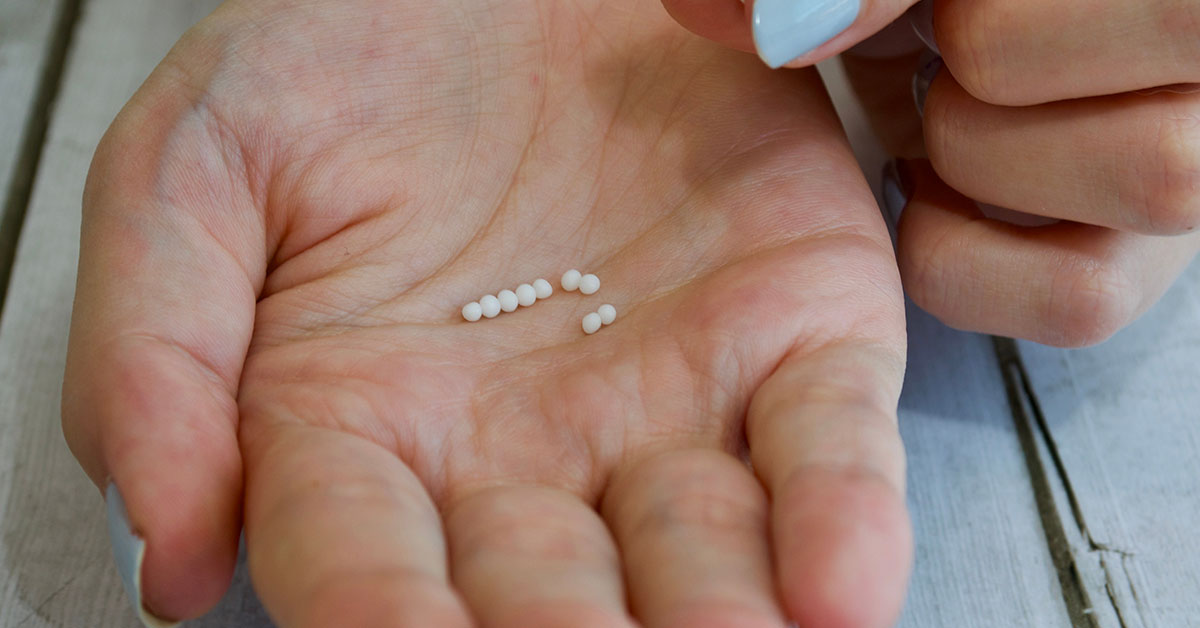
A Comprehensive Guide to Safely Coming Off Steroids
TABLE OF CONTENTS
For many athletes and bodybuilders, anabolic steroids offer a shortcut to enhanced performance and increased muscle mass. However, the long-term consequences and potential health risks have led many to consider stopping. Here’s a detailed guide on how to come off steroids safely and effectively.
Understanding the Importance of Coming Off Steroids Correctly
Coming off steroids, also known as “steroid cessation,” is not just a simple act of stopping use. The body needs time and care to adjust and recover from the hormonal alterations that steroids cause. Simply stopping without a plan could lead to a range of withdrawal symptoms and health issues. The process of coming off steroids is as vital as the choice to start using them.
Step-by-Step Guide to Safe Steroid Cessation
1. Gradual Tapering Off
One of the most critical steps in coming off steroids is to taper the dose gradually rather than stopping abruptly. Tapering helps prevent withdrawal symptoms and allows the body’s natural hormone levels to adjust. Work with a healthcare professional to design a tapering schedule that suits your specific steroid cycle.
2. Post Cycle Therapy (PCT)
Post Cycle Therapy is essential to kickstart your body’s natural hormone production, particularly testosterone. PCT involves the use of drugs that stimulate testosterone production. Common PCT drugs may include Clomid or Nolvadex. Always consult with a healthcare provider to develop an appropriate PCT protocol.
3. Supportive Supplements
During the cessation phase, supplements can play a crucial role in supporting your body. Essential fatty acids, zinc, magnesium, and vitamins like vitamin D can support hormonal function and overall health.
4. Maintain a Healthy Lifestyle
🧘🏻♂️ It’s essential to maintain a balanced diet and regular exercise routine while coming off steroids. Proper nutrition and exercise will help in minimizing muscle loss and keeping mood swings at bay. Lean proteins, whole grains, and plenty of vegetables will provide the necessary nutrients for recovery.
5. Mental Health Monitoring
The psychological effects of coming off steroids can be significant. Mood swings, depression, and anxiety are not uncommon. It’s crucial to seek support from mental health professionals if needed. Joining forums like the MuscleGurus community can offer peer support and shared experiences.
Conclusion
Coming off steroids is a process that should be approached with knowledge, caution, and support. Proper tapering, effective post cycle therapy, and a supportive lifestyle can ensure a healthier transition. While the path is challenging, it ultimately leads to better long-term health and well-being.
FAQs
Q: How long does it take for my natural hormones to normalize after stopping steroids?
A: The time can vary based on individual factors such as the type and duration of steroid use. It commonly takes several weeks to a few months for natural hormone levels to balance.
Q: Can I use natural supplements to support recovery after steroids?
A: Yes, certain natural supplements such as zinc, magnesium, and vitamin D can support hormonal recovery and general health🍏.
Q: Is it normal to experience mood swings during steroid cessation?
A: Yes, mood swings are a common side effect when coming off steroids due to hormonal shifts. It’s essential to monitor your mental health and seek support if needed👏.
For more discussions on steroid cessation, join the community at MuscleGurus.
FREE SHIPPING
BIG SALE | FAST SHIPPING
HOT PROMOTIONS!
Coming off steroids requires a carefully structured approach to mitigate withdrawal symptoms and support the body’s natural hormonal balance. Gradual tapering is crucial; abruptly stopping steroid use can lead to severe physical and psychological side effects due to the body’s dependency. A gradual reduction in dosage over weeks or months allows the endocrine system time to resume normal function. Consulting with a healthcare professional is essential before and throughout the process to tailor a cessation plan that aligns with the individual’s physiological needs and minimizes health risks. Incorporating supportive therapies, like nutritional supplements and a balanced diet, can aid in stabilizing mood and energy while promoting overall well-being. Additionally, engaging in regular exercise can stimulate natural testosterone production and enhance recovery. Being informed about potential withdrawal symptoms, such as fatigue, depression, and muscle loss, will help one manage expectations and maintain a supportive environment throughout the transition.
















